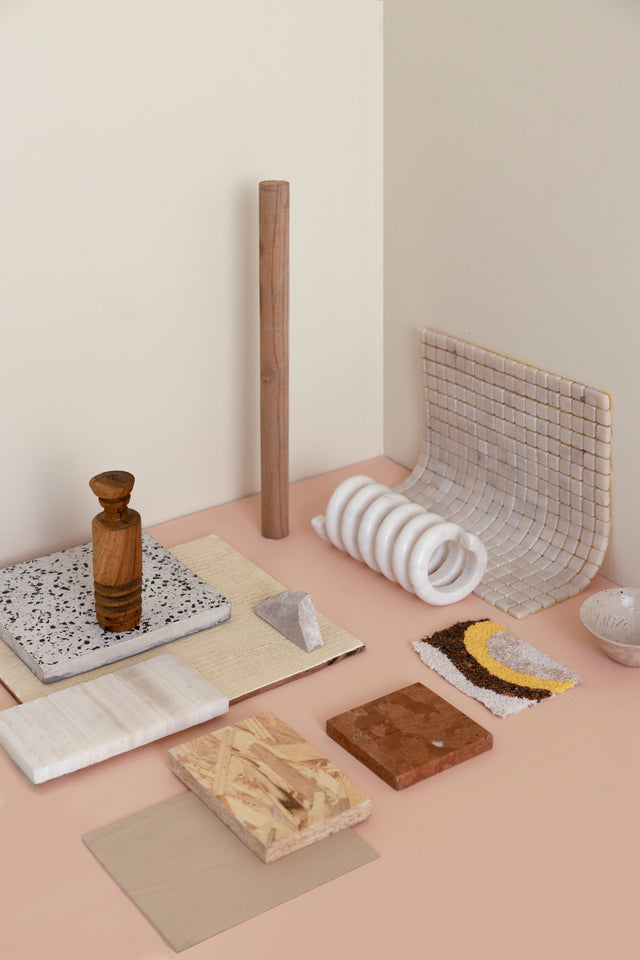Eco-friendly product design at Daera: An odyssey from responsible material sourcing to energy-efficient manufacturing
Furniture is one of the fastest-growing landfills due to the extensive use of chemicals, synthetic materials, manufacturing processes, transportation, etc. As a result, conventional furniture-making may have an irreversible environmental impact. Acknowledging this, we at Daera strive to bring a paradigm shift through our experimentation and eco-friendly design strategies, that will have a minimal ecological impact. Some of these strategies are:
1. Ethically sourced raw materialEthical sourcing begins with researching the origin of the materials that are intended to be used. It is essential to know where the raw materials come from, how they have been sourced, and whether they adhere to local laws. Further, understanding the environmental impact of the materials that are used in harvesting, extraction, and transportation is also significant. “We only work with legit or licensed vendors who supply ethically sourced wood”, posits Jannat, our co-founder.

While lead-based paint remains a significant public health concern globally, the water polish-based lead-free paint is both people and environment-friendly. Moreover, the absence of fumes when one applies water-based polish adds to productivity, as there is no requirement for vacating or airing the space where furnishing occurs. It is much cleaner and safer for the environment than its chemical counterparts.
3. Recycled and upcycled materialOur furniture is usually made of recycled or reclaimed wood, which has been used for furniture, buildings and structures in the past. "We season the wood suitably to prevent it from cracking or breaking and thus make it more durable", adds Jannat. In addition, the leftover scraps are not discarded but repurposed to create new products, contributing to waste reduction.
4. Handcrafted furniture without machinery usageOur handcrafted manufacturing process negates the requirement for machinery and thus contributes to energy efficiency. In addition, there is enough open space and ventilation within the workshops, making it a better work setting for the artisans.

At Daera, we ensure that our products, from material sourcing to manufacturing, integrate with our environment. We constantly strive to reduce our carbon footprint, optimize waste and contribute to the circular economy in an energy-efficient, sustainable and eco-friendly manner.


0 Comments
There are no comments yet. Be the first one to post one!